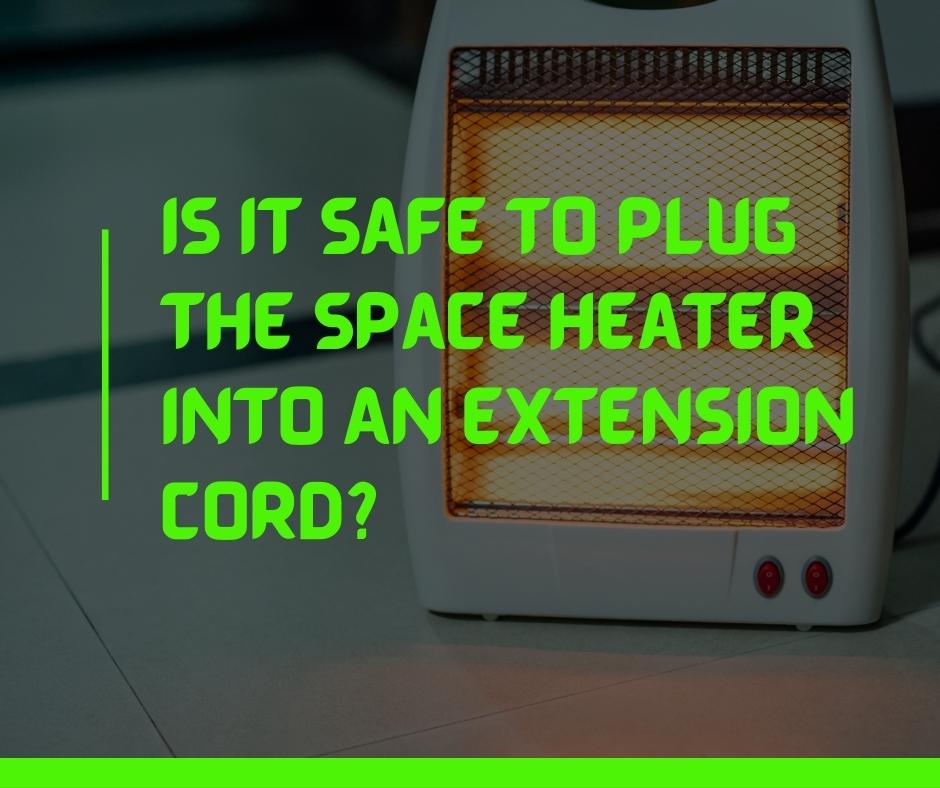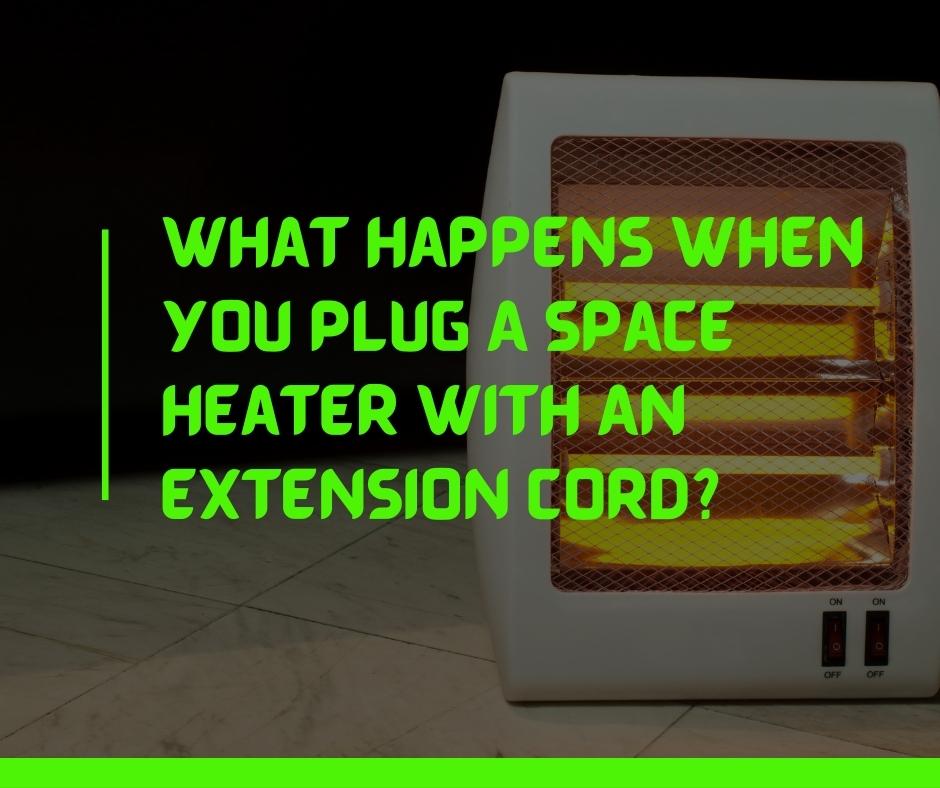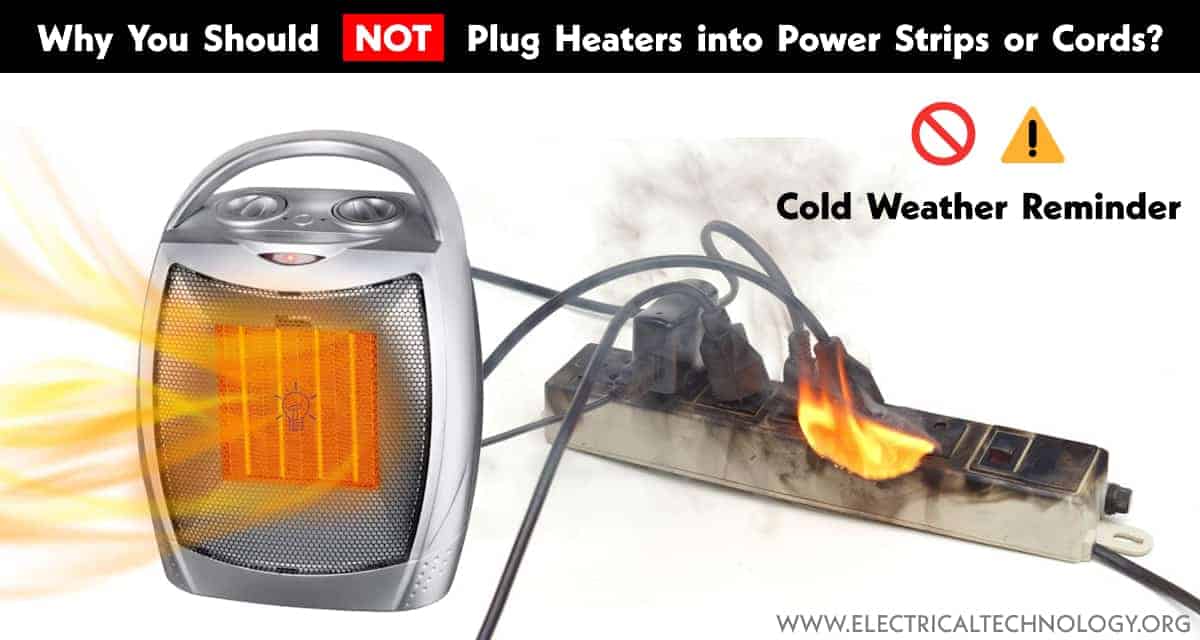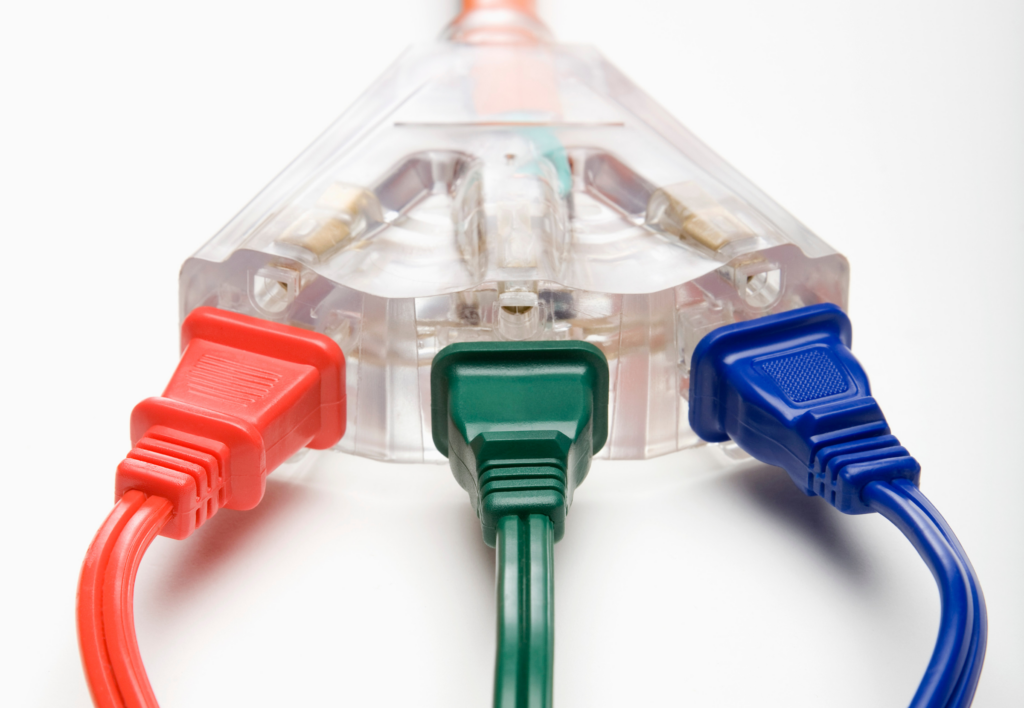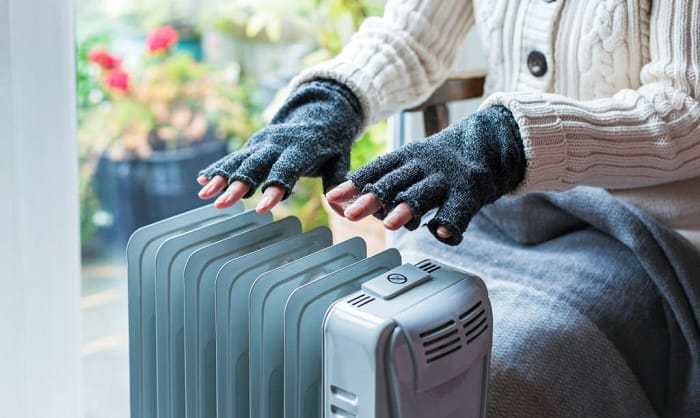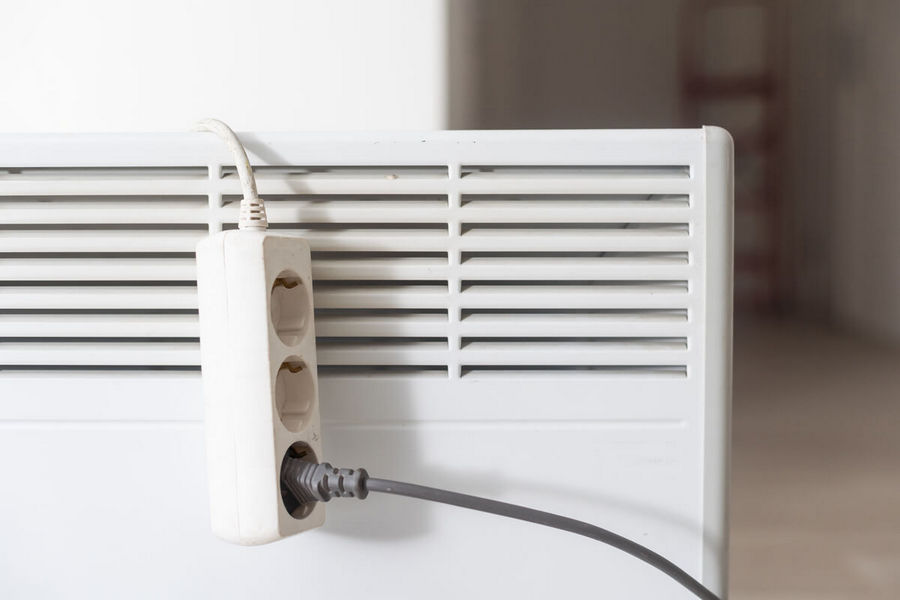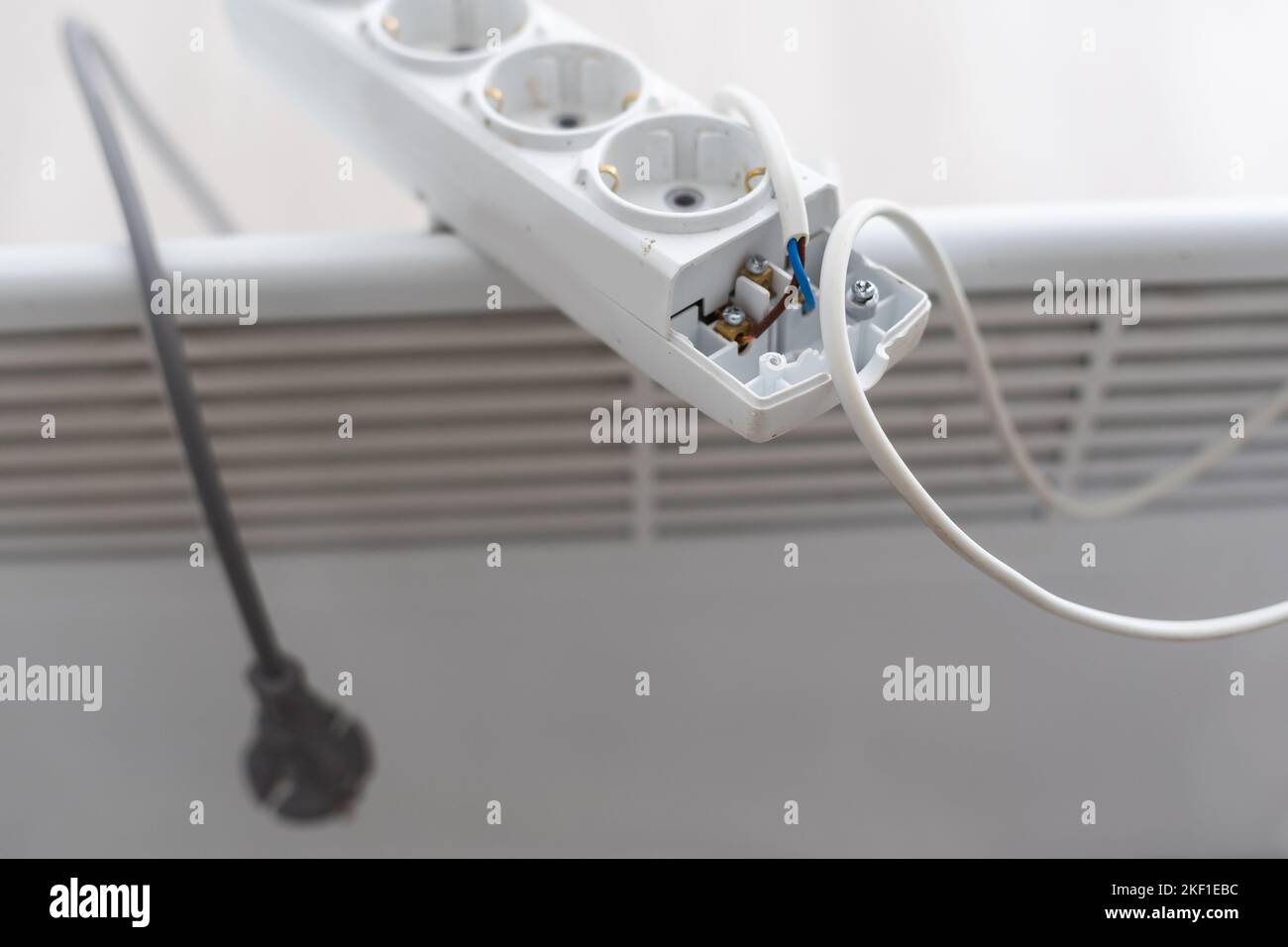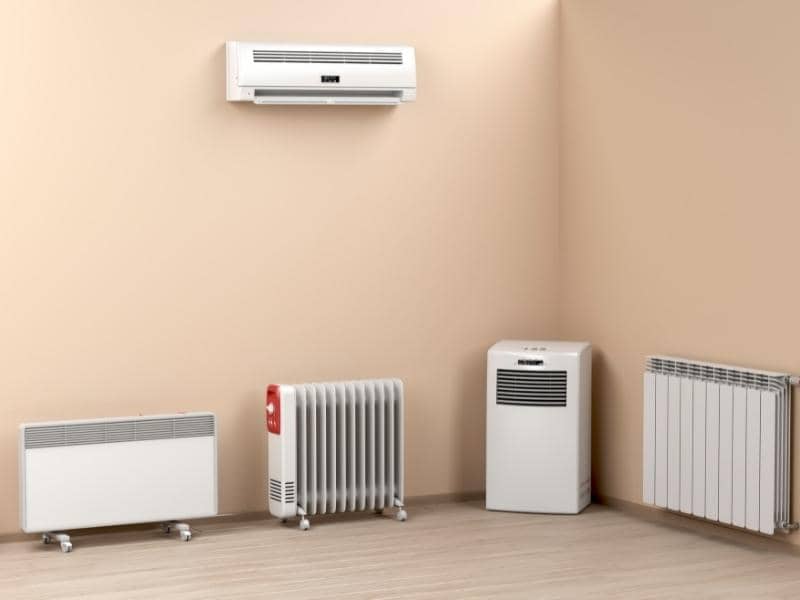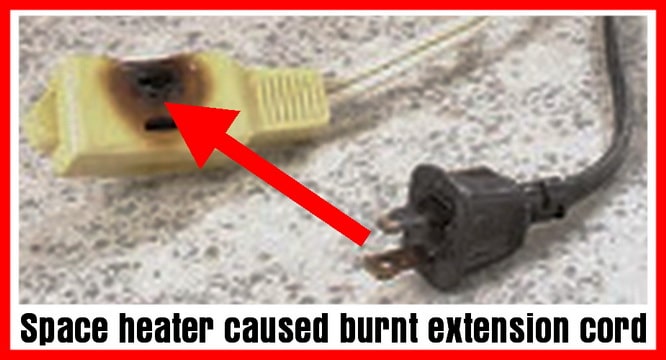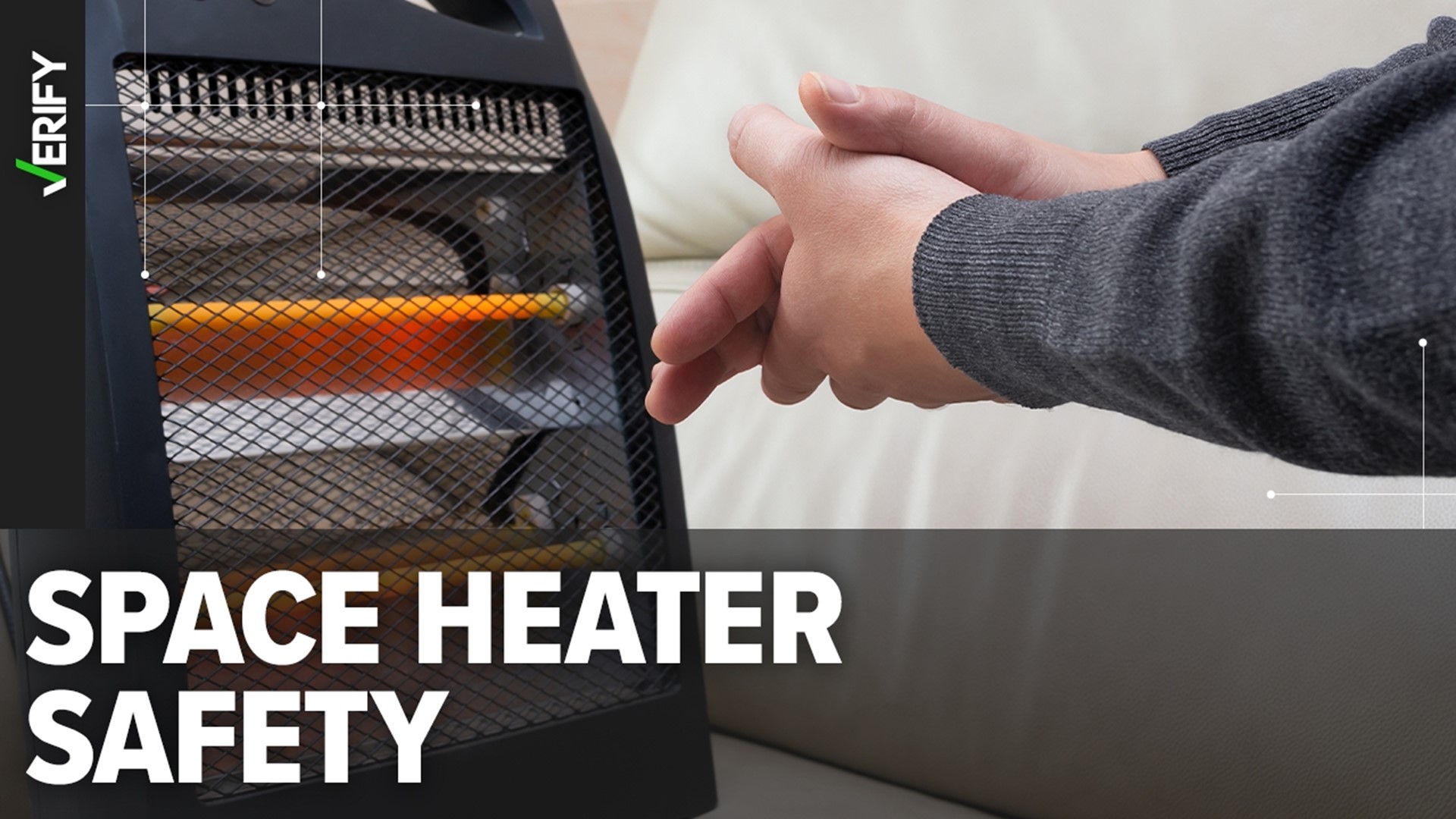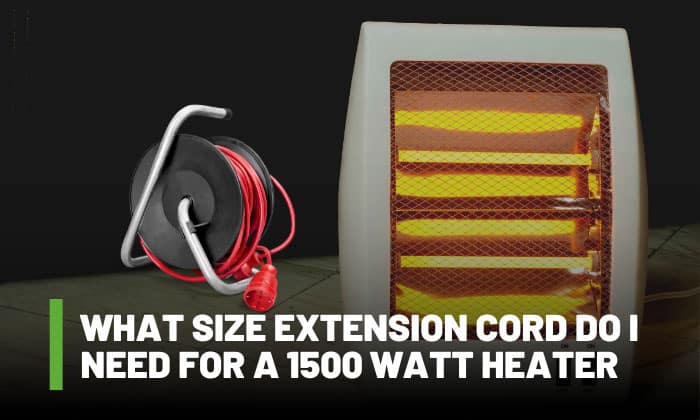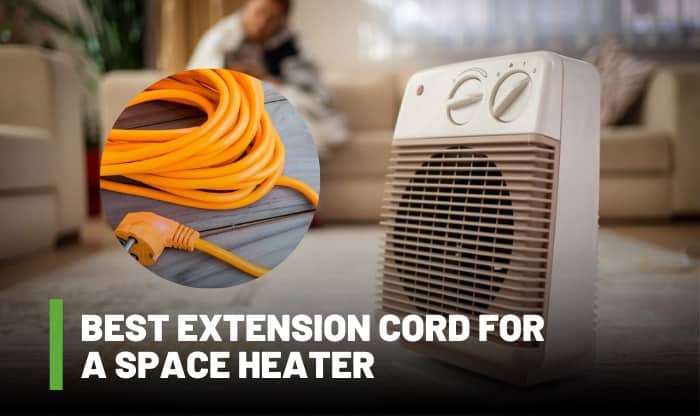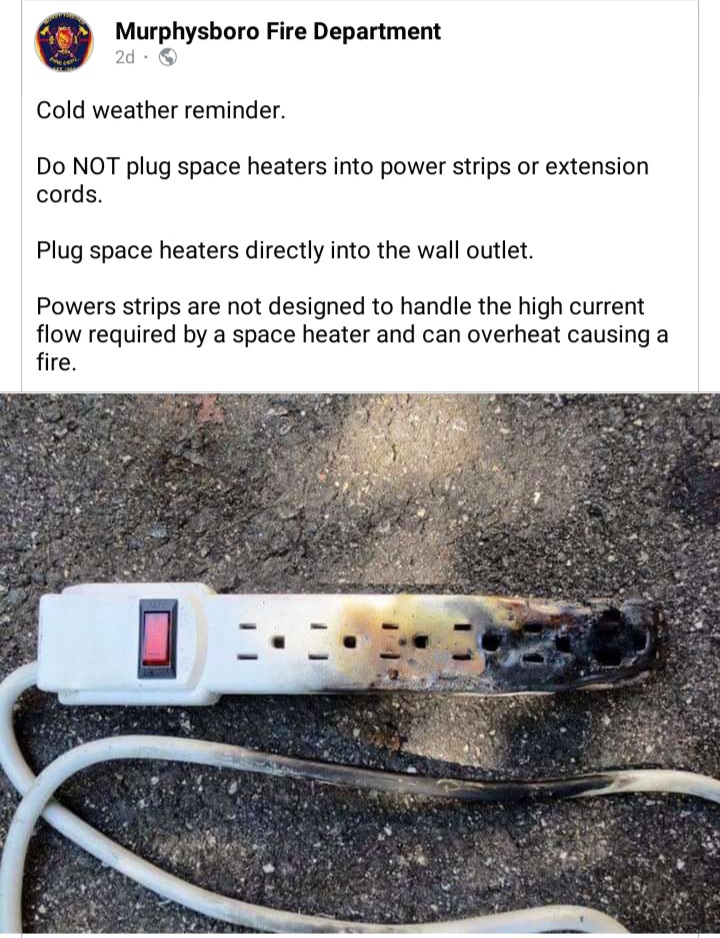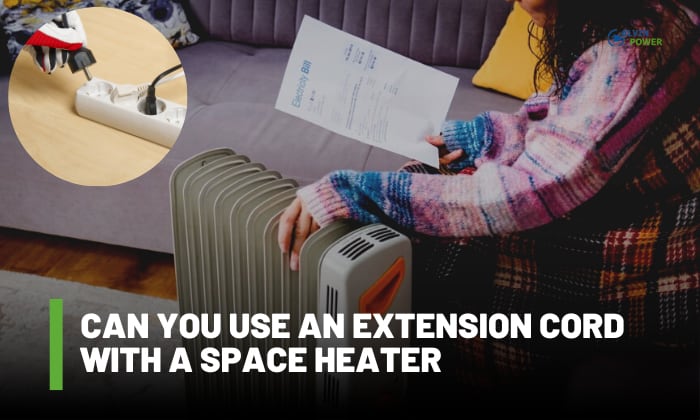Can I Plug A Heater Into An Extension Cord
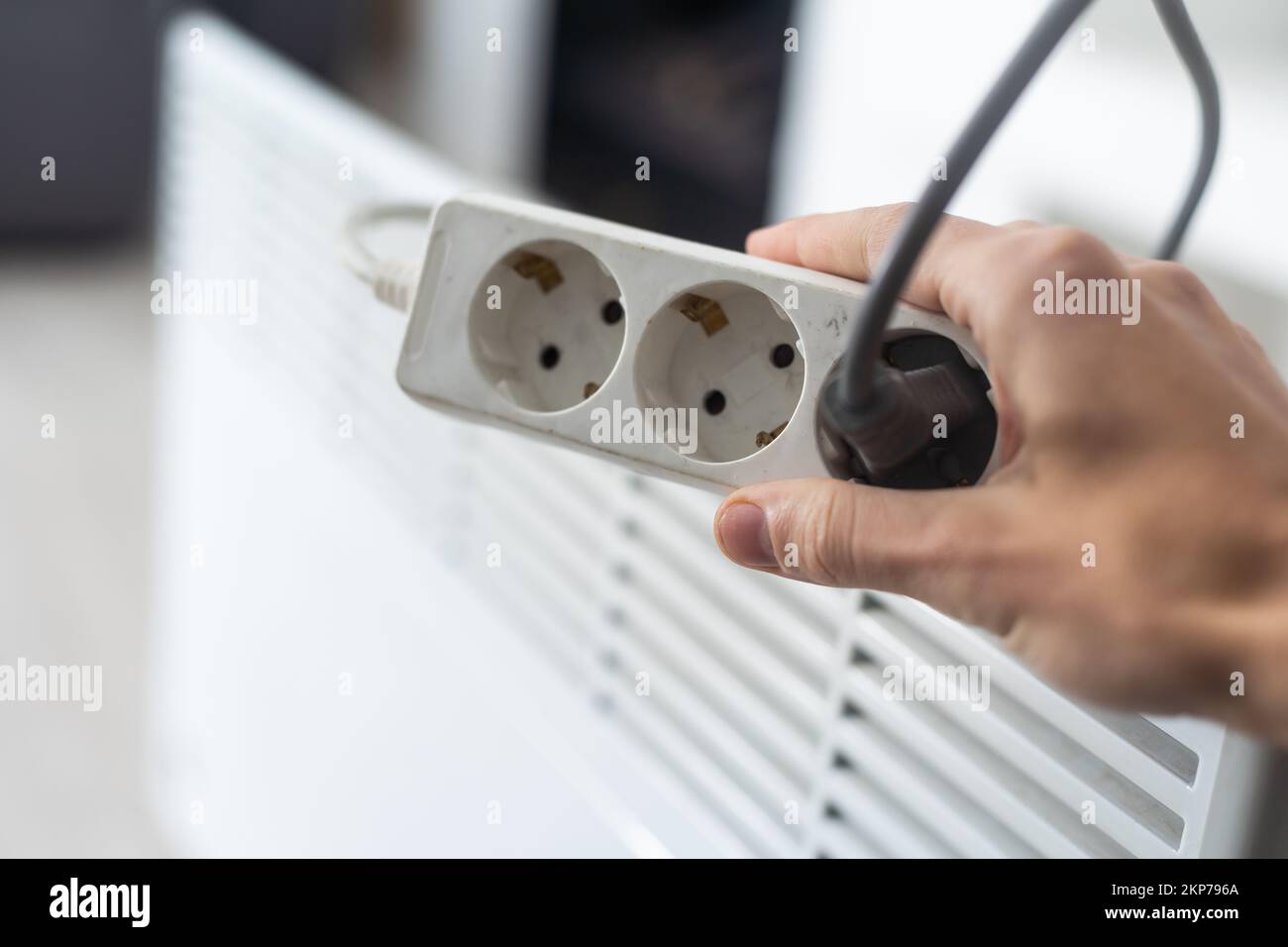
The cozy warmth of a space heater on a chilly day can quickly turn into a nightmare if safety precautions are ignored. A common question, particularly as winter approaches, is whether it's safe to plug a heater into an extension cord. The seemingly simple act can be fraught with danger, leading to electrical fires and potentially devastating consequences.
The core issue boils down to power demands. Space heaters, known for their energy-intensive operation, often draw a significant amount of electricity. Using an inadequate extension cord can create a recipe for overheating, melting insulation, and ultimately, a fire hazard. Understanding the electrical requirements of your heater and the limitations of your extension cords is paramount to preventing disaster.
The Electrical Demands of Space Heaters
Space heaters are notorious energy hogs. Most models consume between 750 and 1500 watts, placing a substantial load on electrical circuits. This high wattage can easily overload extension cords not designed to handle such a demand.
According to the Electrical Safety Foundation International (ESFI), overloading extension cords is a leading cause of residential fires. It’s crucial to check the wattage rating of your space heater before plugging it in.
Understanding Extension Cord Ratings
Extension cords aren't created equal. Each cord has a specific amperage and wattage rating, indicating the maximum electrical load it can safely handle. This information is typically printed on the cord itself, usually near the plug.
Using a cord with a lower rating than your heater's power consumption can lead to overheating. It’s important to match the wattage rating of the extension cord to the wattage of the heater, ensuring the cord can safely handle the load.
Gauge Matters: The Thicker, The Better
The gauge of an extension cord's wire, measured in AWG (American Wire Gauge), indicates its thickness. A lower AWG number signifies a thicker wire, which can carry more current without overheating.
For space heaters, a heavy-duty extension cord with a 14-gauge or 12-gauge wire is generally recommended. Lighter gauge cords, such as 16-gauge or 18-gauge, are typically not suitable for the high wattage demands of space heaters.
The Dangers of Using the Wrong Extension Cord
When an extension cord is overloaded, the wires inside begin to heat up. This heat can melt the insulation surrounding the wires, exposing them and creating a short circuit.
A short circuit can cause a fire to ignite quickly, especially if flammable materials are nearby. Furthermore, even if a fire doesn't immediately erupt, a damaged extension cord poses a risk of electrical shock.
Best Practices for Heater Safety
The safest practice is to plug space heaters directly into a wall outlet. Avoid using extension cords altogether whenever possible. This minimizes the risk of overloading circuits and creating a fire hazard.
If an extension cord is absolutely necessary, choose a heavy-duty cord with a gauge appropriate for the heater's wattage. Make sure the cord is UL-listed, indicating that it has been tested and certified for safety.
Regularly inspect extension cords for any signs of damage, such as frayed wires, cracks, or loose connections. Replace damaged cords immediately. Never use a damaged extension cord, even if it appears to be working.
Power Strips: Are They a Safe Alternative?
Power strips, while convenient for plugging in multiple devices, are not designed to handle the high wattage of space heaters. Connecting a heater to a power strip can overload the strip and create the same hazards as using an undersized extension cord.
Most power strips have a built-in circuit breaker to prevent overloading, but relying on this feature is not a substitute for using the proper electrical connections. Power strips are intended for low-wattage electronics, not high-demand appliances like space heaters.
Alternatives to Extension Cords
If a wall outlet is not readily available, consider rearranging furniture to bring the heater closer to an outlet. This is generally safer than relying on extension cords.
Another option is to have a qualified electrician install additional outlets in the room. This provides a permanent and safe solution for powering your space heater.
Expert Opinions and Official Recommendations
The Consumer Product Safety Commission (CPSC) strongly advises against using extension cords with space heaters. They emphasize the importance of plugging heaters directly into wall outlets to prevent fires.
According to fire safety experts, it’s better to invest in a properly sized and functioning heating system for your home than to rely on space heaters. If space heaters are necessary, using them safely is crucial.
Looking Ahead: The Future of Heater Safety
Manufacturers are continuously developing safer space heater designs, incorporating features like automatic shut-off switches and overheat protection. These advancements can help mitigate some of the risks associated with space heater use.
Ongoing public awareness campaigns are also essential in educating consumers about electrical safety and the dangers of improper extension cord use. By promoting safe practices, we can reduce the number of fires caused by space heaters.
Ultimately, responsible space heater use requires a combination of informed decision-making, proper equipment, and adherence to safety guidelines. While an extension cord might seem like a convenient solution, the potential risks far outweigh the convenience. Prioritizing safety ensures a warm and worry-free winter.
